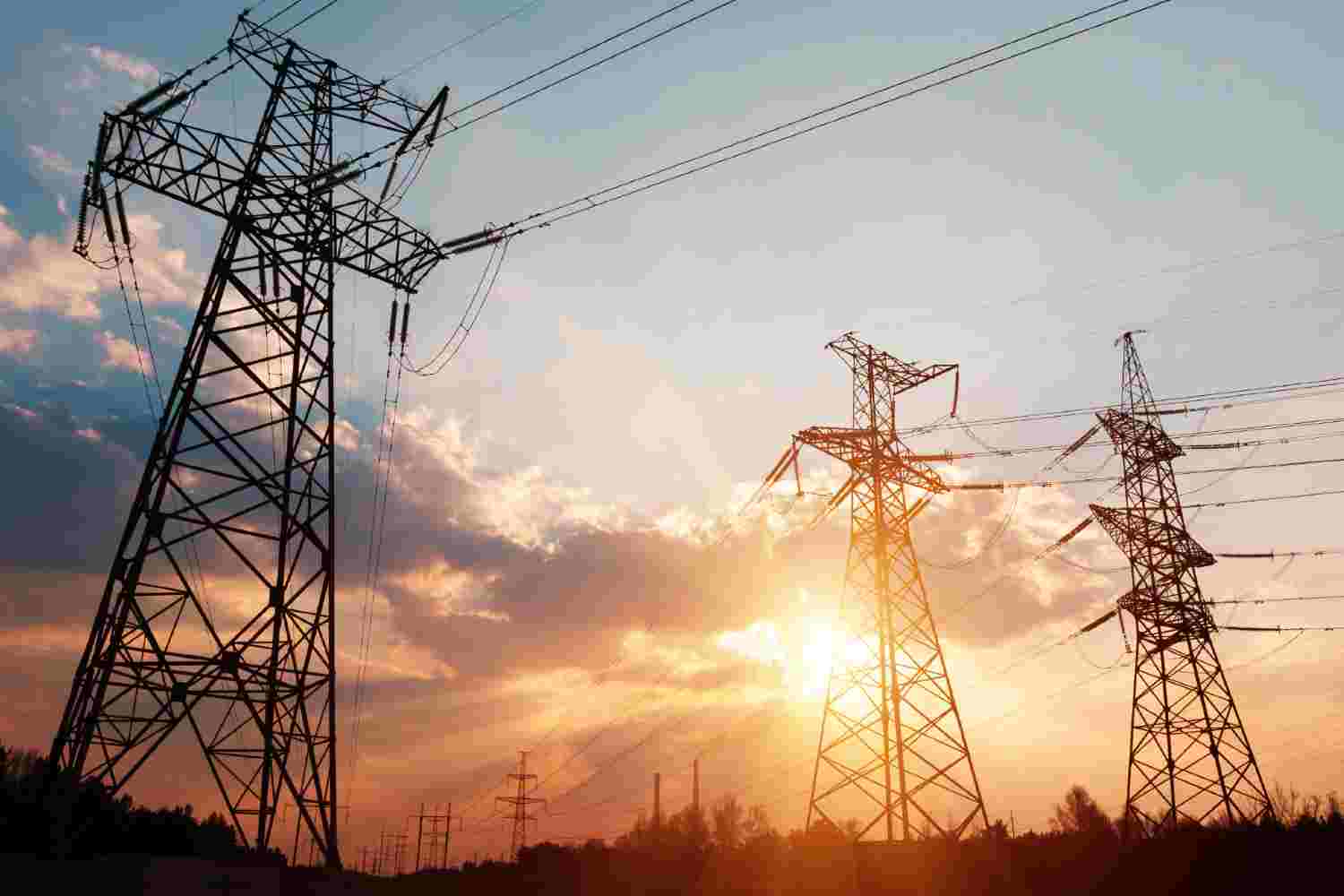How is the power supply in your area, wherever you are in Nigeria? How was it in January and February? Have you noticed any improvement this March 2024, particularly since Minister of Power Adebayo Adelabu asked sector players to shape up or ship out?
The Federal Government threatened at the end of February and early March to revoke the licences of power distribution companies for persistently poor power supply in the country. Through his X handle, the minister said he summoned the Chief Executives of Abuja Electricity Distribution Company, Ibadan Electricity Distribution Company, and the Managing Director of the Transmission Company of Nigeria to a crucial meeting to explain the current challenges nationwide. “The purpose of this meeting is to discuss the worsening power supply in their respective regions and to find lasting solutions collectively,” he said.
Mr. Adelabu lamented the DisCo’s insufficient electricity. As the minister sees it, there are several dimensions to the challenge. One is power generation. Nigeria has been stuck at 4000 megawatts for years, despite its higher installed capacity.
Q: “The minister should formulate them with SMART objectives for maximum effectiveness, measurability, and accountability.”Inadequate gas supply is implicated. The others are vandalism of power lines and failures at the last mile with metering, billing, and collection. There is also the DisCos’ incapacity or reluctance to use supplied power.
The minister noted, “The ministry has been exerting pressure on the generating companies to enhance their performance, resulting in a recent increase in generation to over 4000 MW. Despite this progress, certain distribution companies are failing to distribute the power supplied by TCN adequately. In contrast, vandalism of power infrastructure exacerbates the problem in regions such as Abuja, Benin, Port Harcourt, and Ibadan.”
Nigerians have had enough of these tales of woe. It is refreshing to hear the minister’s commitment to performance. He pledged to hold DisCos accountable. “Wilful non-performance will not be tolerated, and severe consequences, including licence revocation, may be imposed,” Mr. Adebayo declared memorably.
He added, “Additionally, I have instructed TCN to prioritise repair works on damaged transmission towers and power lines to improve supply in affected regions. During recent supervisory visits to power-generating plants, I have witnessed the challenges faced by the sector.”
The minister’s directives are clear.
Distribution companies must no longer reject power allocation from Nigeria’s transmission company.
Nigeria will ramp up power generation and supply to 6000–6500 MW from an average of 4000 MW in three to six months. That translates to between June and September 2024.
The federal government will continue subsidising citizens’ electricity bills by 65 percent.
The federal government will settle outstanding debts owed to players in the chain.
The order to DisCos and GenCos is most welcome. The minister should formulate them with SMART objectives for maximum effectiveness, measurability, and accountability. SMART is, of course, specific, measurable, achievable, relevant, and time-bound:
Specific: Clearly define the desired outcome(s) of the injunction. What particular improvements are expected from the DisCos? There are several ways to do this: deliver a minimum of 20 hours of electricity daily to the average household, reduce customer complaints by 20 percent, improve average daily metering installation rates by three percent, and decrease billing turnaround time by five days, for example.
Measurable: Establish clear metrics to track progress towards the set goals. How will success be measured? Examples could include tracking the number of customer complaints received, monitoring daily metering installation figures, and measuring the average time taken to process and deliver bills.
Attainable: Set realistic and achievable goals, considering the current situation and resource constraints. The goal of 6500 MW of power generation by September 2024 fits. The task is to make it a national agenda and go for it.
Relevant: The goals should appropriately address the power sector’s core issues. The Power Ministry should solve the gas supply problem as Priority Number 1 for the generation end and uptake by DisCos to tackle the supply end. These directly impact customer satisfaction, service delivery, and efficiency.
Time-bound: Set a specific timeframe for achieving the set objectives. When should these improvements be realised? We agree with the minister on six months for increased generation. We recommend the same six months to improve the supply side.
The power minister’s ultimatum can be more impactful by incorporating SMART objectives. It will provide clarity, focus, and specific direction for everyone in the power chain. Defined metrics allow for tracking progress and holding DisCos and GenCos accountable. It also sets realistic expectations based on achievable goals that motivate action. Vague goals would set the Discos up for failure.
Smart objectives facilitate clear communication between the government and the power players and between those operational entities and citizens as customers. A clear plan outlining the consequences of failure should be shared. We subscribe to licence revocation or splitting of the coverage area into two or more given failures to adequately service them. Open communication and collaboration between the government and the DisCos are crucial for achieving these goals.
By implementing SMART objectives and fostering a collaborative approach, the Power Ministry can create a more effective framework to address the challenges within the Nigerian power sector.




